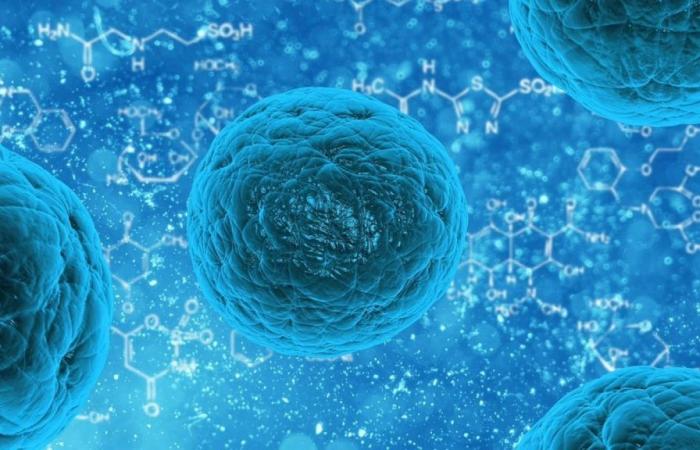He Streptococcal toxic shock syndrome (SSTS) It is a rare infection, but if contracted, it is life-threatening. The main cause is usually the toxins generated by Staphylococcus aureus bacteria (staphylococcus)but alternatively, it can also be caused by a streptococcus bacteria belonging to group Awhich are usually present in the throat or on the skin.
During the year 2023 in Japan they registered 941 cases, the highest number since 1999, the year in which cases of this infection began to be recorded. According to the Institute of Infectious Diseases of Japan, 97 people lost their lives after contracting this infection.
Well, the Ministry of Japan had registered at the beginning of this month of June 2024 977 cases of SSTS. That is to say, the cases of the previous year, which were already worrying numbers, have already been exceeded. Besides, 77 people have died. These numbers have set off an alarm among the Japanese authorities. This bacterial infection has a 30% mortality rateso it could be catastrophic if cases continued to increase.
What symptoms does this infection cause?
The characteristic symptom of group A streptococcus bacteria is pain in extremitieseven causing fnecrotizing ascites. Hence this bacteria is known as ‘carnivorous’.
The infection leaves the different parts of the body whose blood it contaminates ‘useless’, so rapid detection can save the patient’s life. It also produces muscle aches, high fever, diarrhea or vomiting, red eyes, throat, or moutha (since that is where these bacteria are usually found), or going to a more extreme point, seizures.
The causes of the increase in cases are a mystery
NHK, the Japanese public broadcaster, reports that The reason for this increase is still unknown. in registered cases of SSTS. But some doctors theorize that strengthening immune systems during COVID could have had something to do with it. “We can strengthen immunity if we constantly expose ourselves to bacteria. But that mechanism was absent during the coronavirus pandemic,” says Professor Ken Kikuchi of Tokyo Women’s Medical University.
These types of infections do not transmit in the same way that COVID did, or at least not exactly the same. In the case of streptococcal toxic shock syndrome, it passes from one person to another through physical contact or through saliva, even through wounds on the hands or feet.
How to treat it?
When the infection is not too invasive, and as long as it has been detected in time, with a treatment of antibiotics, should be enough. When this is not the case and the patient with group A streptococcal disease suffers a more invasive and severe case, she should add a supplement to the antibiotics. intensive medical care.
The Ministry of Health of the Japanese country has recommended to the population that they carry out the same hygienic measures that were common to all of us in times of COVID. That is, wash your hands several times a day, be careful when coughing… Or at least that’s what the Japanese Health Minister, Keizo Takemi, declared earlier this year, according to the ‘Japan Times’.
Follow the Diario AS channel on WhatsApp, where you will find all the sport in a single space: the news of the day, the agenda with the latest news on the most important sporting events, the most outstanding images, the opinion of the best AS firms , reports, videos, and some humor from time to time.






